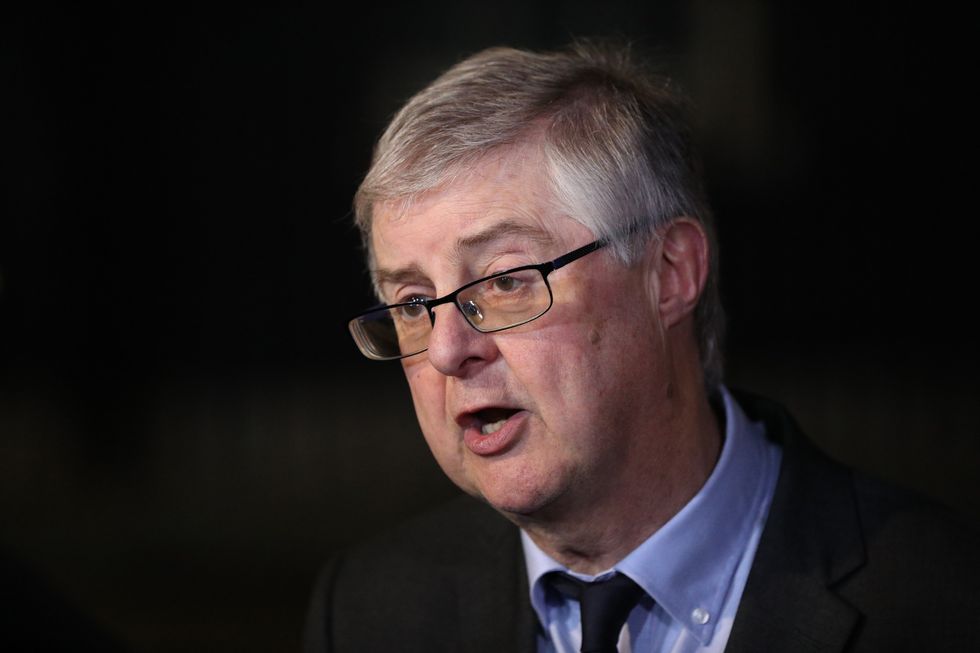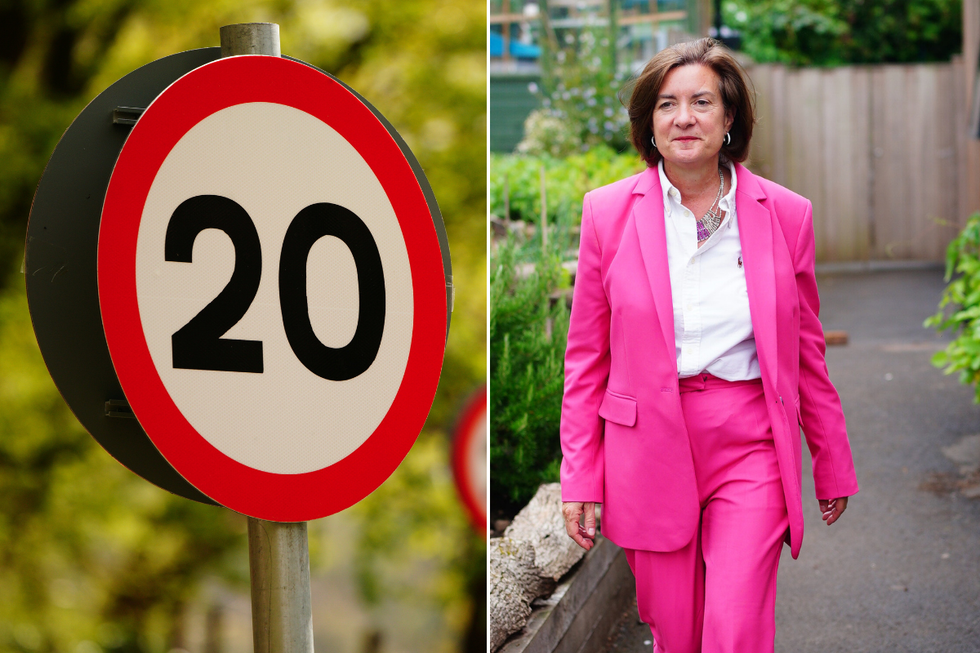Keir Starmer’s nanny-state tendencies sadly do not come as a surprise to those of us in Wales who have witnessed Labour in power for more than two decades.
The fact that Starmer wants to ban indoor vaping, trail hunting, and junk food advertising before the watershed among other things is all too familiar for those of us in Wales.
But banning things is the Labour knee-jerk reaction to anything they find vulgar, out-of-date or ugly from their metropolitan elitist point of view. Just look at their record in Wales.
Back in 2018, when he was running in a Labour leadership election, Mark Drakeford proposed banning smoking in town and city centres, and in outdoor areas of cafes and restaurants. I’m not a smoker, and I never have been (bar the odd cigar on a special occasion), but this is crackers.

Former First Minister of Wales Mark Drakeford
PA
During the pandemic, Drakeford banned the sale of alcohol in pubs, which was a bit like telling a butcher they couldn’t sell meat. The COVID Inquiry was told last year that there was “no basis” for this measure by an ex-Public Health Wales director.
Of course, Mark Drakeford would go on to implement 20mph restrictions on 30mph roads in Wales, despite record public opposition recorded in the most-signed petition of the devolved Welsh era.
In 2020, the Labour Welsh Government introduced Minimum Alcohol Pricing, which set a floor price per unit of alcohol. The purpose of the legislation was to tackle problem drinking and alcohol-related health issues.
But a study released in recent months found that the change simply drove problem drinkers away from cheap cider and towards strong spirits.
It also found that some problem drinkers were going without food or heating, stealing, or even turning to sex work in order to pay for their drink because of the increased costs.
Crucially, it found that only a small number of problem drinkers had reduced the amount they were drinking.
As policies go, it’s safe to say it’s been an absolute howler, born out of a desire to control people’s unhealthy habits. But these bans are not pragmatic policy solutions, just headline grabbing impositions on our lives.

20mph limits are being reversed in Wales by some local authorities
PA/GETTY
In recent days, the Welsh Government announced that they will ban greyhound racing in Wales “as soon as practically possible”.
I fear that this plan, which is being rushed through so the Welsh Government can gain support from the Lib Dems in order to pass their budget, isn’t being well thought through and will have the opposite of the intended impact.
As it stands, greyhound racing is licensed in Wales, but after a ban takes hold, the practice may well be driven underground with terrible safety standards for the animals we all want to protect.
The same thing has happened with hare coursing, and often farmers will find their farm gates opened or even broken so people can illegally send dogs after hares and place bets on the winner of the chase.
Also on the conveyer belt for banning in Wales is buy-one-get-one-free deals for foods that are high in sugar, salt and fat.
As part of new regulations that will take hold next year, junk food will have to be removed from shop entrances and the end of aisles, and free refills for sugary drinks will be a thing of the past.
LATEST MEMBERSHIP OPINION:
 Emers Oreo and Shortwood Sanka lead the race at Perry Barr Greyhound StadiumPA
Emers Oreo and Shortwood Sanka lead the race at Perry Barr Greyhound StadiumPAWhen it comes to lifestyle choices, people should be given as much information as possible to allow them to make healthier choices.
We don’t need the government to tell us that we eat too many crisps and sweets, we know that. People can make those choices for themselves without a Labour MP or Senedd Member thinking they know best.
But more broadly, it is important we always are suspicious of bans, and consider the unintended consequences they may have. We may not enjoy certain practices that go on in our country, but often banning these practices means they continue, unregulated.
We may be concerned that people are drinking or smoking or eating too much, but we have to consider the impacts of taxes and bans on black markets and household budgets.
Bans might grab headlines and give the impression of a strong response, but very often they backfire completely.
But don’t expect Labour to learn from their mistakes when it comes to banning things, because they certainly haven’t in Wales.